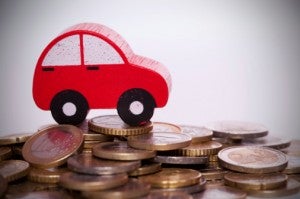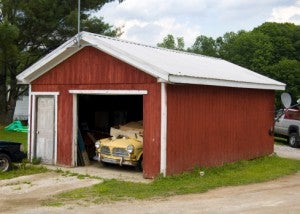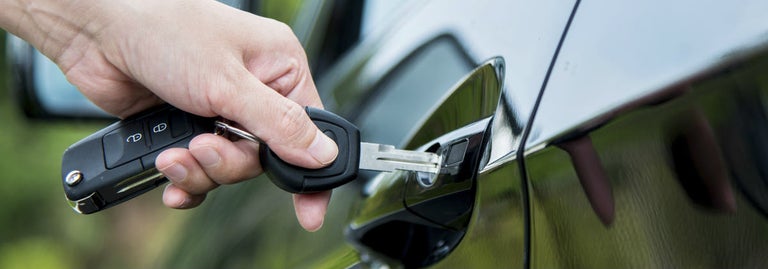 No-one likes paying car insurance premiums. It hurts. Think of all the nice things you could spend that money on instead.
No-one likes paying car insurance premiums. It hurts. Think of all the nice things you could spend that money on instead.
The sad truth is that car insurance is essential. But there are ways of saving money. Canstar Blue looks some of the easiest methods to reduce your premium.
Increase your excess.
You can voluntarily take a higher excess. If you do this, the premium will be reduced. This could save you money in the long run, providing you don’t claim frequently. Just be sure that you have sufficient money in emergency savings or available on your credit card to pay the excess if you need to.
Don’t accept the extras.
When you take out car insurance you may be offered extras such as roadside breakdown assistance, a free hire car while your vehicle is being repaired, excess-free windscreen repairs, agreed value policies, and guaranteed no-claims bonuses that you can’t lose even if you crash. If you want to keep the premium down, don’t take the extras.
Don’t have an accident.
Almost all car insurance policies have excesses. So having an accident will hit you in the back pocket. If you drive more safely, you cut the chances of having to cough up that excess. Find out more about safe driving from the NZ Transport Agency.
Buy a car without modifications.
If you have mag wheels, tinted windows, expensive stereo systems or even personalised plates you may pay higher premiums than you would with an unmodified car. Likewise, a sporty car of the same value as an old granny’s model may cost more to insure. That’s because the statistics show that sporty cars are more likely to be involved in accidents or be stolen.
 Keep your car garaged.
Keep your car garaged.
Some insurance companies charge you less if your car is kept in a locked garage. What’s more, it’s less likely to get stolen (or hit if parked on the road), so you save on paying the excess.
Limit the number or age of drivers.
Some insurance policies are cheaper if the cover is limited to named drivers or to over 25s. Young drivers crash more often and are as a result a risk to insurance companies. Check exactly how your policy works. Sometimes drivers who aren’t named can use the vehicle, but have a higher excess.
Shop around.
Insurance is a competitive business. It’s worth phoning around or shopping with your mouse to check that you’re getting the best deal. At least one insurer advertises that it doesn’t make assumptions: if you don’t drive to work or study, for example, you’ll pay less than someone who does. One option to shop around is to go through an insurance broker. They do the shopping for you and take a commission from the insurance company. You don’t pay for the service.
Get third party or third party fire and theft cover.
If you really can’t afford fully comprehensive insurance, go for the cheaper third party – or its sister third party fire and theft. You won’t be covered for the damage to your car, but at least you won’t have to pay out thousands for that brand new Merc you just crashed into. Third party insurance costs about the same as one latte a week.
Get multiple policy discounts.
Many insurers offer you a discount if you have your home and/or contents insured with them as well as the car.
Keep a clean record.
If you can keep your licence free of demerit points and have no claims you’ll pay less in premiums. Your premium will be jacked up if you have driving convictions. And for every claim-free year you have, your no-claims bonus discount increases. The maximum no-claims bonus is often around 65%. That’s a great discount to have.
Haggle.
Believe it or not, insurers will often drop their prices rather than have you defect to a competitor. Likewise, if the quote you receive from a new insurer isn’t as cheap as your existing one ask for a discount and you may get it.
Others.
Live in a good neighbourhood. Your post code will affect your premium. Also try to keep a clean credit rating. Some insurers check your credit record and charge you more if it’s not clean. Likewise, don’t declare yourself bankrupt or use the lesser No Asset Procedure.


Share this article